A Charm City girl in the Windy City, L’Oreal Thompson Payton is a professional storyteller with a penchant for people and a passion for purple. When she’s not busy writing, L’Oreal enjoys reading, dancing and devouring delicious cupcakes. Follow L’Oreal on Facebook, Twitter or Instagram and visit her blog at LTintheCity.com.
How did you first get involved with Polished Pebbles?
I started volunteering with Polished Pebbles in January 2014. I had recently moved to Chicago and I desperately wanted to “give back” to the community. Helping young girls, especially young Black girls, has always been a passion of mine and I wanted to get involved with an organization that did just that. I came across Polished Pebbles in a Google search and, coincidentally, was later introduced to the founder, Kelly Fair, in my previous position as the Digital Content Editor for JET magazine. I recall attending the Second Saturday program that January (it was a Zumba class) and immediately falling in love with the program and the girls.
What is your role as a mentor for youth, primarily young, black girls, in your community?
As a mentor, my primary goal is to serve as a positive role model for young Black girls in the community. I’m always available to help and offer advice and really just be their biggest cheerleader. We all need someone in our corner cheering us on and shouting, “You can do it!” I believe in our girls and I want to be an example to them that anything is possible. I want them to see what I’ve accomplished and know that they can do it, too.
Who are the stand-out mentors in your life?
Wow, I have so many! First and foremost, my mom has constantly demonstrated what it means to be an upstanding daughter, wife, mother, business woman and woman of God. She is my rock.
Throughout my career, I’ve been fortunate to have several female editors who’ve taken me under their wings. Because of those editors, I’ve learned valuable life and career skills that I firmly believe have contributed to my overall success. I simply wouldn’t be here without the wonderful women (and loving men) in my life.
What ignited your passion for giving back to the community?
In middle school, I was constantly bullied for being smart (I skipped a grade), talking “White,” and for being ugly. There were nights when I prayed to God to make me White so I would be more beautiful. I literally hated the color of my skin and felt so unworthy. As an adult, I’ve realized I’m probably not the only girl who’s ever felt this way and it’s my personal mission to help young girls so hopefully they never have to feel that way.
How do you define philanthropy? How do you engage with it?
The Greek definition of philanthropy is “love of humanity.” For the most part, I think people typically equate philanthropy with rich people who donate a lot of money to a good cause. So I don’t consider myself a philanthropist in that sense of the word, but rather the original Greek version: I have a love of helping young girls.
There are plenty of ways to make a difference–whether it’s donating your time, money and/or talent; however, I do believe it’s important to “put your money where your mouth is,” which is why I contribute to Polished Pebbles on a regular basis. It’s an organization I truly believe in so I want to invest in our girls and help them succeed.
What is one barrier affecting young, black girls you have identified? Any solutions?
Nowadays, there are so many programs, such as My Brother’s Keeper, dedicated to helping young Black men, which is both awesome and necessary. But what about the girls? They live in the same neighborhoods as these young men, but it seems as though their needs and issues are often overlooked. I think programs like Polished Pebbles are part of the solution, but we can’t do it alone.
We need big companies to make an investment and show are girls they are valuable and worthy. For example, Google donated $190,000 to Black Girls Code last year…that’s a huge step in the right direction and other companies should follow in their footsteps. But the real work starts at home with positive role models in the community leading the way.
Do you have any final thoughts for us?
My hope is that every young Black girl will grow up knowing she is beautiful and worthy. I want each of them to feel empowered to accomplish their dreams and goals.

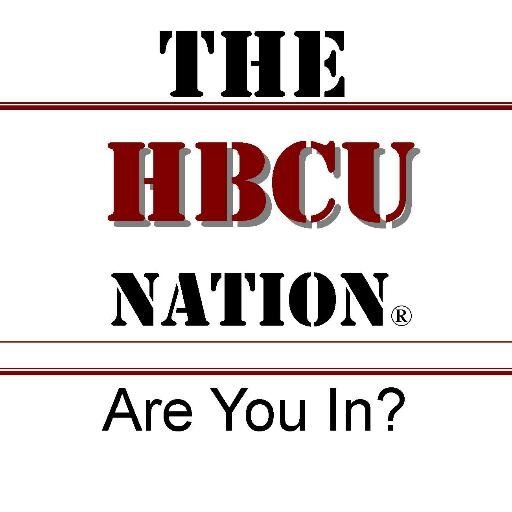

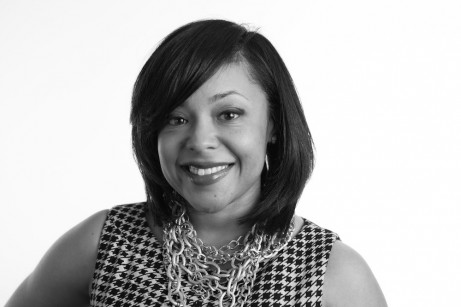
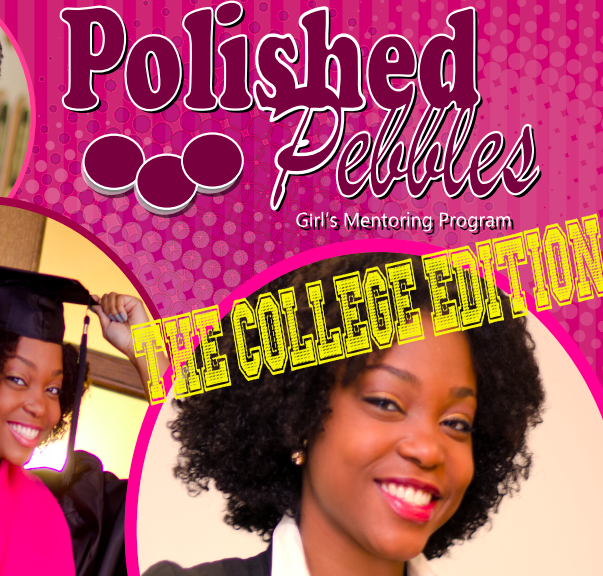

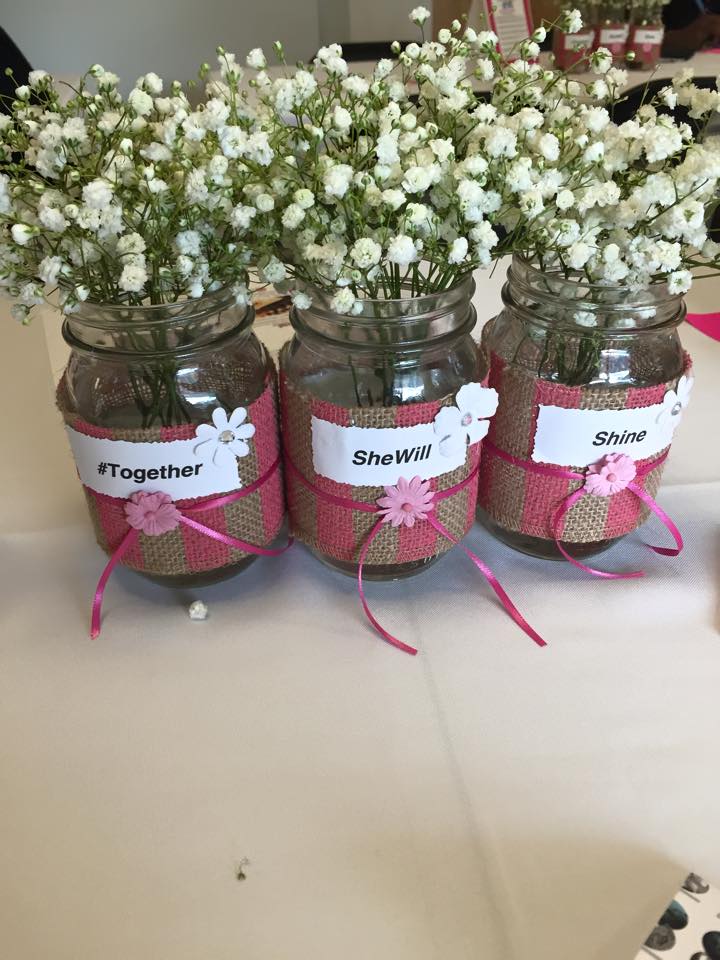


 We want you to know L’Oreal Thompson Payton!
We want you to know L’Oreal Thompson Payton!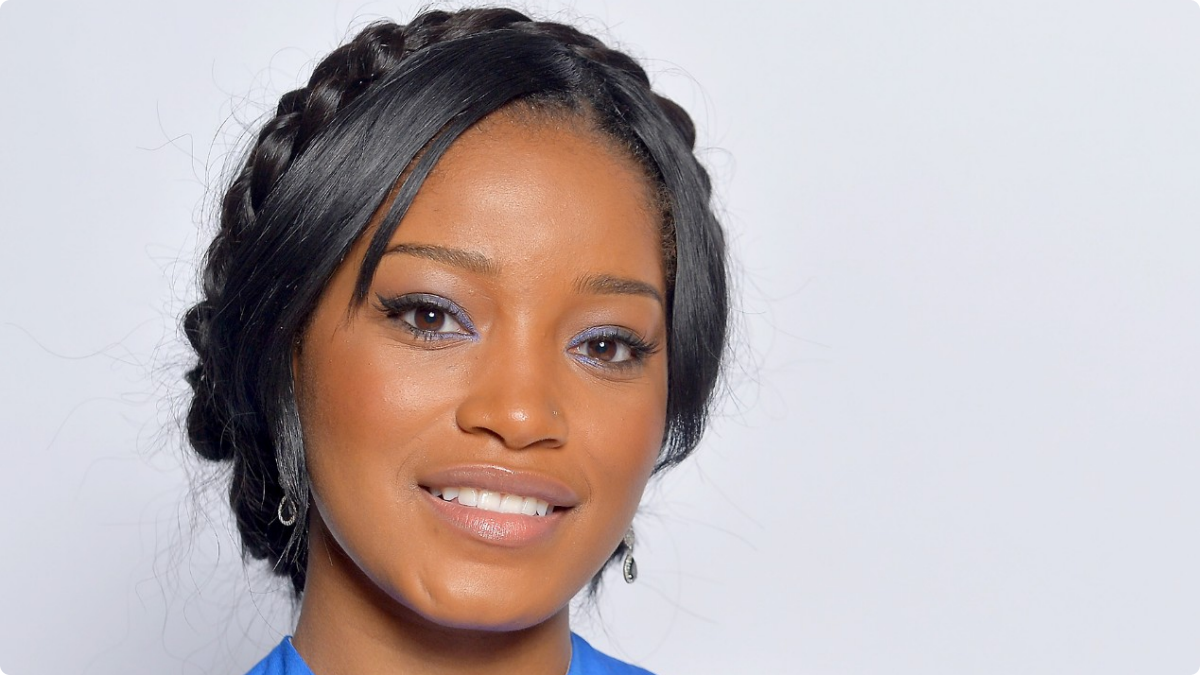

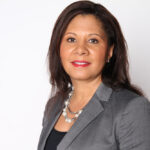



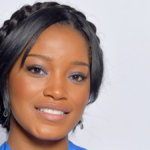



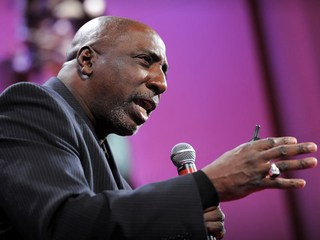

 supporter of both Polished Pebbles and Kelly Fair. He was more than happy to answer 3 important questions for us!
supporter of both Polished Pebbles and Kelly Fair. He was more than happy to answer 3 important questions for us!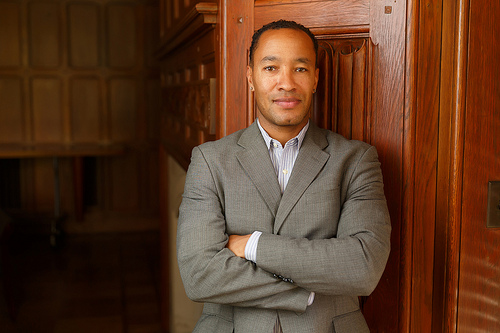
 Our first feature will be on
Our first feature will be on